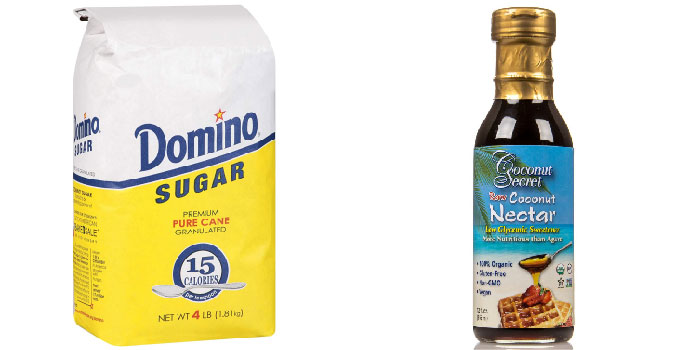What's the best prenatal folate supplement?

If you’re serious about good health and longevity, or if you have any chance at all of becoming pregnant, there’s an inexpensive but critically important blood test that’s too often overlooked. Although it’s simple, quick, and easy to do, many clinical laboratories don’t do it because there’s “no demand.”
It’s called the “neutrophilic hypersegmentation index,” which is the best way to test for your personal folate status. If someone scores very low here, and plans on getting pregnant soon, a series of folinic acid injections (preferably with methylcobalamin, the active form of Vitamin B-12) are possible to reverse the damage, but before or within the first few weeks after conception.
Birth defects occur between the 21st and 27th days after conception, a time when many women (about 50%) do not realize that they are pregnant.
Now, the key to using supplements is to make sure we only view them as "training wheels" until we're able to get all of our nutrition from diet alone, like we were obviously built to do. Supplement, not substitute.
Supplements tend to have this funny way of making people think they get a pass to eat whatever, when that’s absolutely never the case.
So, if you're completely unable to eat enough foods that contain folate because of palability issues at any given stage during pregnancy, than it is definitely best to take a supplement...
If you have a MTHFR gene mutation / enzyme deficiency, and are unable to process folic acid, there are a variety of regular and prenatal supplements that contain the "wholefood" source of the active/"methylated" form of folate, known as: methyltetrahydrofolate or folinic acid (5-formyl tetrahydrofolate) or the Metfolin brand or 5-methyltetrahydrofolate (5-MTHF), which bypasses the enzymes controlled by the MTHFR gene.
And if this doesn't agree with you, making you feel sick, then usually L-methylfolate (Metafolin®, L-5MTHF) will work.
Still, even if you don't possess this enzyme deficiency, it's healthier for us to choose products that contain a form of "folate" instead of "folic acid."
This includes brands such as: Solgar, Designs for Health "Prenatal Pro," Thorne, Neevo, Pure Encapsulations: B-Complex Plus, Metabolic Maintenance, GI Pro Health B Complex... and there's many more.
(if you check the ingredients list of Pure Encapsulations: B-Complex Plus, you will see it says "Folic acid (Metafolin®, L-5MTHF)," which is an example of how these two terms easily get confused, however as long as the "folic acid" is specified as 5-MTHF or Metafolin, you can be sure it's folate... and this product doesn't contain any soy which has been linked to infertility.)
It should also be noted that the liquid form of any supplement is always better for absorption, unless you plan on getting needle shots to directly enter into your bloodstream.
Also, a supplement for folate should almost always include a supplement of the active form of vitamin-B12 known as methylcobalamin, unless one is obtaining enough from natural food sources.
Another way to get "concentrated whole food nutrients," but from natural sources is from: bee pollen, dessicated liver, green powders, brewer’s or baker’s yeast, etc.
But also do your own research on each individual item to assure its quality.
As far as multi-vitamins go, try to find one that entirely comes from a "wholefood" source instead of using synthetic vitamins for best quality... but still make sure to do your research on each individual product, because labels can be very misleading.
Year after year scientists find that individual synthetic nutrients such as vitamins: A, E, C, Folic Acid, etc. may cause problems increasing cancer risk, altering DNA, etc.... but of course before this is accepted as 100% fact more controlled studies need to be done, which aren't taking place.
Most importantly, always make sure to check with your doctor before beginning to take a supplement and also do your own research on each individual supplement and its ingredients so you can make the best possible choice.
Also, most men and older women (as long as they’re healthy) should be able to get plenty of folate in their diet alone with adequate vegetable consumption, and do not need to supplement.





